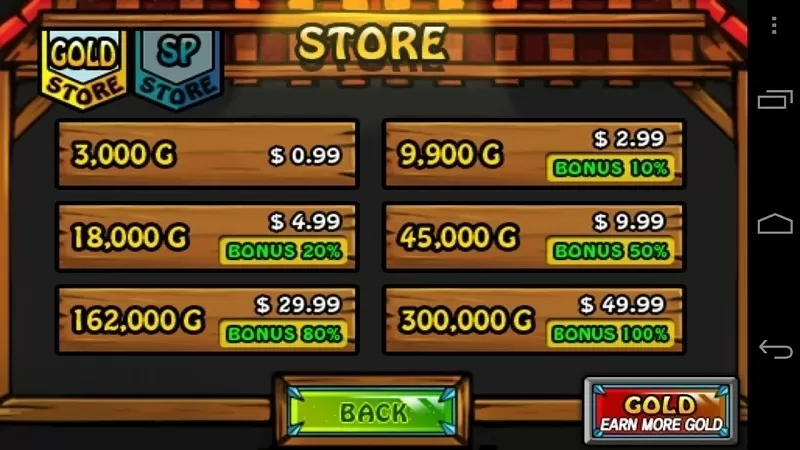Regardless of your stance on in-app purchases, there's no denying the model is incredibly popular among both gamers and developers. Key to a game's success using this model is pricing. If a developer prices in-game goods too high, players will be less likely to open their wallet and more willing to abandon a game. Conversely, pricing digital wares too low essentially takes money out of the developer's pocket.
Finding a happy medium is the end game but unfortunately, it's not always that simple. As anyone that has ever launched a product or service can attest to, the absolute best way to get the most out of it is through optimization which is exactly what a new analytics tool from Gondola is all about.
The company's Dynamic Pricing Engine is specifically designed to address the one-size-fits-all pricing scheme. By analyzing a ton of user data, Gondola says its tool can effectively reduce churn rate (how often gamers ditch a title for another) and improve conversions by pricing in-game goods on a per-gamer basis.

To price items on a per-user basis, Gondola collects information on how a user earns in-game currency, the types of things they spend it on, what platform they are using (Android or iOS), how long they've been playing the game, how far they've progressed and more.
Algorithms crunch this data to determine how in-app purchases should be priced in an effort to keep gamers playing for longer (and shelling out more money). How a player responds to a price change is factored into future decisions and so on.
Gondola claims games that are already using the engine have seen revenues increase by an average of 12 percent. Considering there's an unlimited supply of in-game merchandise at developers' disposal and the fact that half of all in-app purchases come from just 0.15 percent of players, there's plenty of incentive for developers to try Gondola's product (especially if they currently use static pricing).